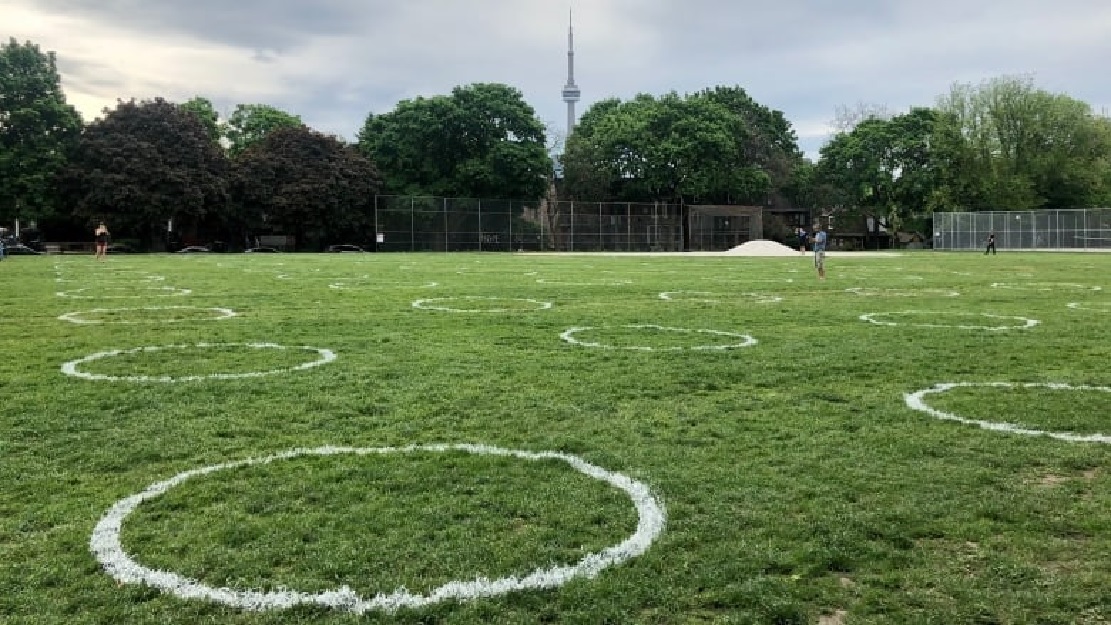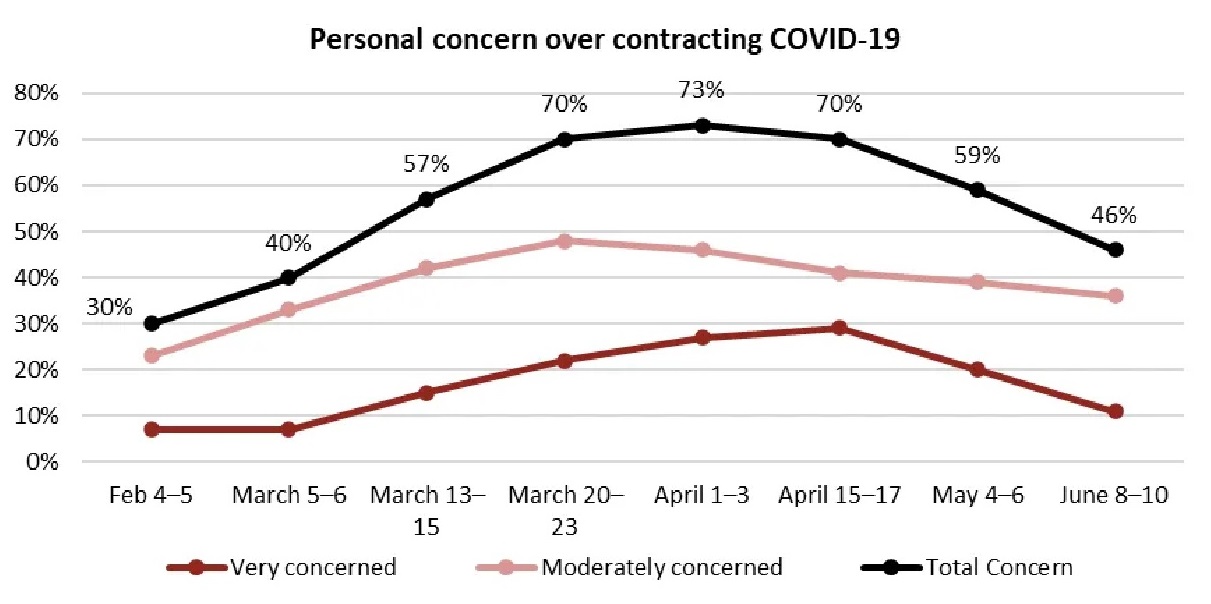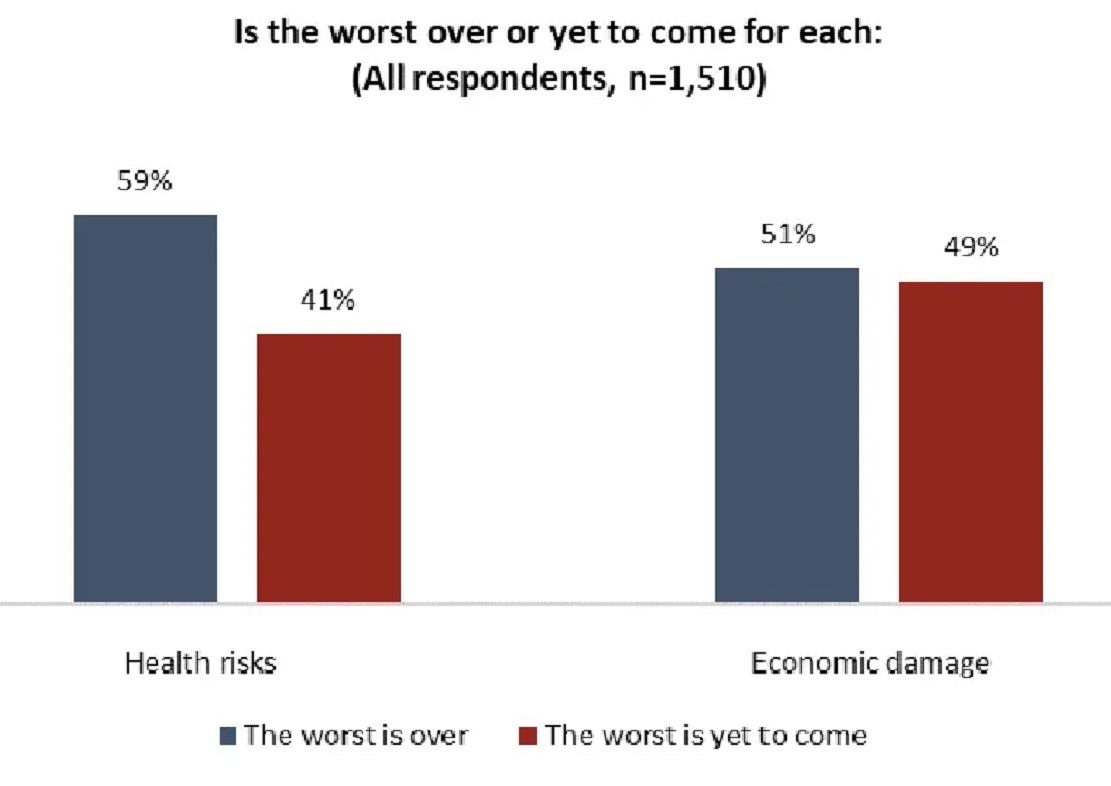After three months of lockdowns and rules about staying home and social distancing, it seems more people are starting to ignore the advice. Although infection cases seem to be on a decline, health officials are still advising on things like maintaining social distance along with a recent change in suggestions about wearing masks saying it is beneficial against the spread of the virus. For example, even though infections are declining and regulations are slowly easing, Toronto is making mask wearing mandatory on public transit starting next month.
But it seems large numbers of Canadians are getting just a bit tired of the regulations, or are starting to be less concerned about the disease itself.
In Toronto last month, people turned out en-masse to a public park to enjoy a sunny afternoon, shocking officials concerned about physical distancing.

Following a huge crowd who come out to enjoy the sunshine in May at a park in Toronto, the city copied an American idea and painted circles on the gress to indicate social distance areas to be maintained which police were sent to enforce. A new survey says the rules may be becoming harder to enforce as people grow tired of the restrictions (Kate Cornick/CBC)
A new poll just out from the non-profit Angus Reid Institute shows Canadians are starting to ignore the advice. Only a little over a third (36%) now say they’re avoiding public spaces as much as they did at the start of the outbreak. A little over half however (56%) say they’re still maintaining personal physical distance as much as they were at the start.
Those concerned about contracting the disease has also dropped substantially from 73 per cent in April, to 43 per cent in this latest survey, although a clear majority still harbours concern about friends and family contracting the virus remain.

Angus Reid Inst. June 2020
The survey shows the 15-34 year old cohort as the group least likely to have concerns about following the regulations and advice and about catching the disease themselves.
Is the worst over, or yet to come? In terms of the health issue Canadians are close to being split on the question with 59 per cent saying we’ve passed the peak while 41 per cent say the worst is coming. In terms of the economic situation, it’s close to an even split (51%-49%).

Angus Reid Inst. June 2020
As to when things might get back to normal, there’s been a vast difference now compared to mid-March when the outbreak was declared a pandemic. At the time, about 30 per cent of respondents thought it would be six months or longer with 38 per cent thinking three to six months, By early May that had changed to 20 per cent saying three to six months and 68 per cent thinking six months or more and in the latest poll, 73 per cent said it would likely be six months or longer.

Angus Reid Inst. June 2020
As to how long people feel their own lives will get back to normal, 36 per cent said between a few weeks to six months, while an equal number said six months or longer.
Twelve per cent felt they were already back on track, while 17 per cent said it would take them even longer than an entire year and past 2021.
additional information







For reasons beyond our control, and for an undetermined period of time, our comment section is now closed. However, our social networks remain open to your contributions.